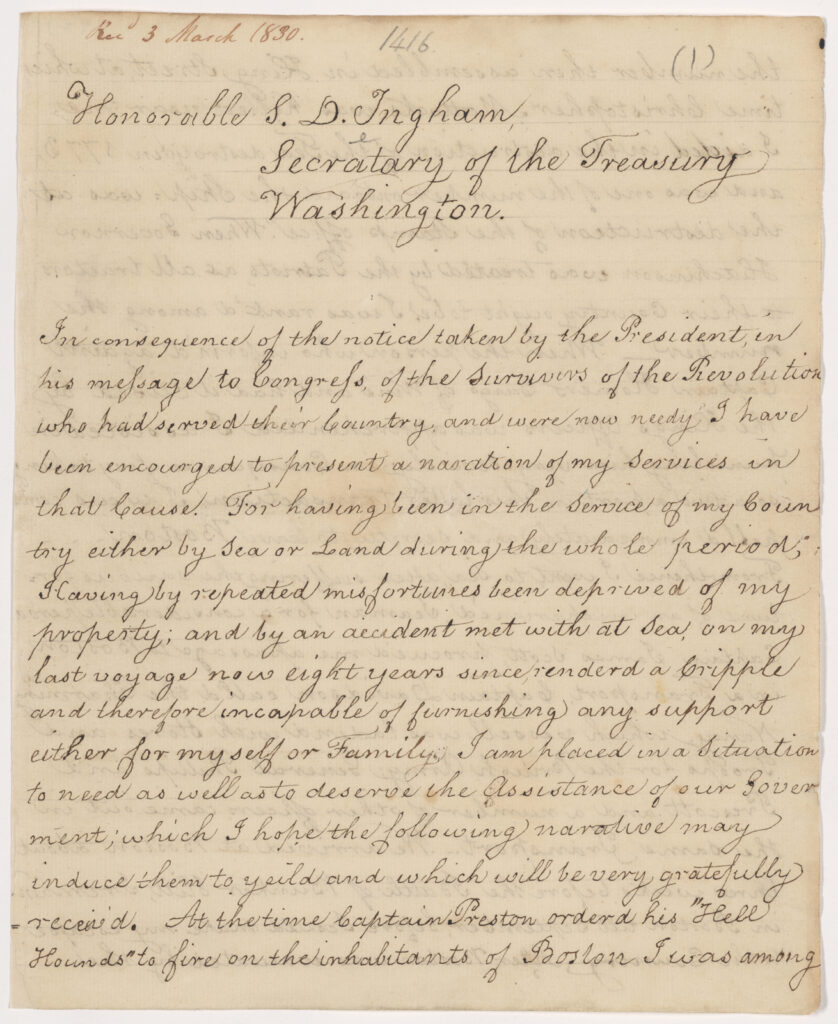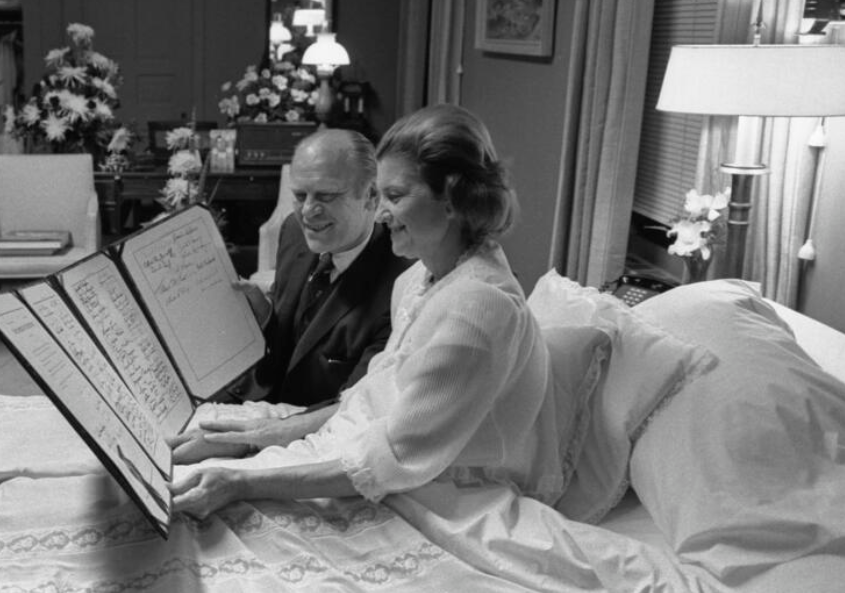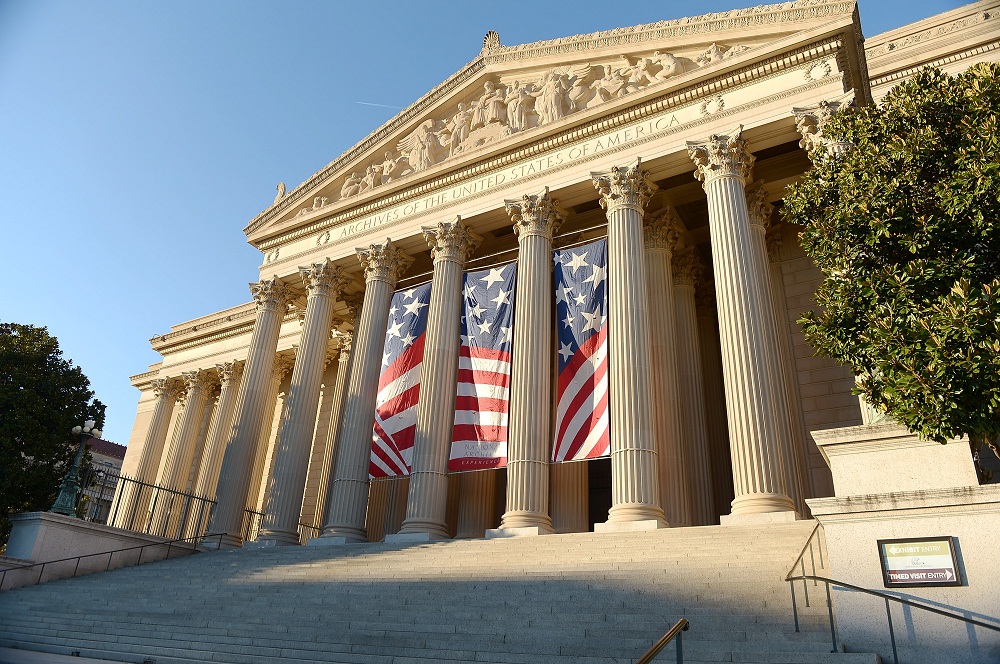250th Anniversary of the Boston Tea Party
Thursday, December 14, 2023 – Wednesday, January 31, 2024
East Rotunda Gallery

The Destruction of the Tea
It wouldn’t be known as the “Boston Tea Party” for another 50 years, but the destruction of the tea in 1773 marked a critical turning point in the brewing American Revolution. Boston was not alone in resisting British imperial policies considered oppressive by American colonists. Ports along the eastern seaboard prevented East India Company tea from landing in defiance of the 1773 Tea Act, which imposed no new tax on tea but granted the company a monopoly in colonies. Bostonians resorted to extreme action.
On December 16, 1773, several dozen men crudely disguised as Mohawk Indians boarded three ships in Boston Harbor and dumped 342 chests of East India Company tea into the sea. The rebels primarily wore disguises to protect their identities and to shield Boston from blame for destroying private property. They only succeeded in the former. Parliament’s punishment of Boston was swift and severe—and ultimately led the colonies one step closer to independence.
“I aided in the destruction of the Tea”
Boycotts and protests of British policies and trade goods were a means for some women and common men of all races, like George Pillsbury, to participate in the American Revolution. George Pillsbury’s 1830 account of his Revolutionary War service notes his rebellious activities beginning with the Stamp Act protests of 1765. He was also at the Boston Massacre when “Christopher Mattocks [Crispus Attucks, a sailor of mixed African and Indigenous ancestry] was killed” and “aided in the destruction of the Tea.”

View Featured Record in National Archives Catalog here. If you are interested in reading more, click here.
Featured Image: The Destruction of Tea at Boston Harbor. 1773. Copy of lithograph by Sarony & Major, 1846. Records of Commissions of the Legislative Branch. View in National Archives Catalog


